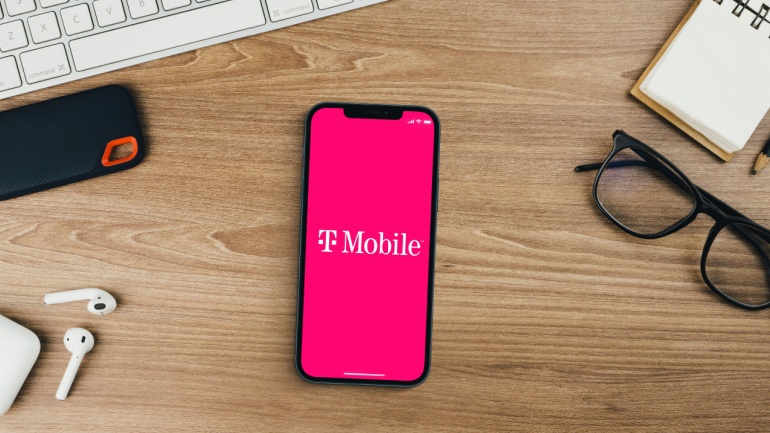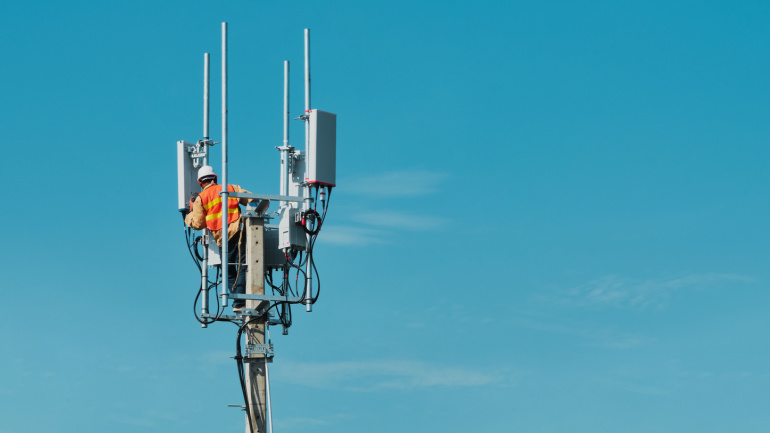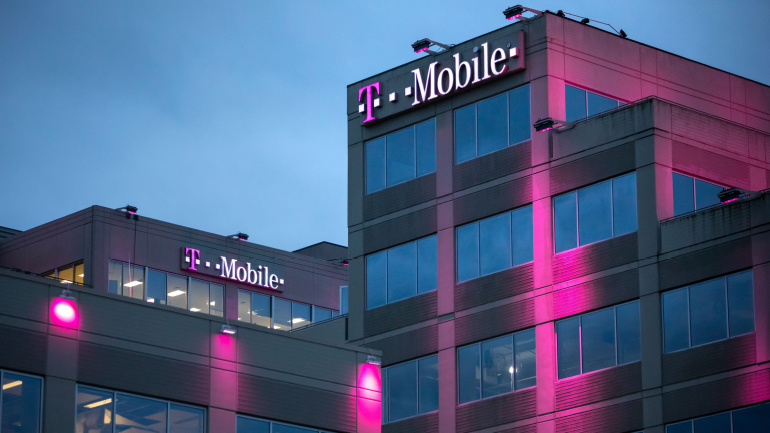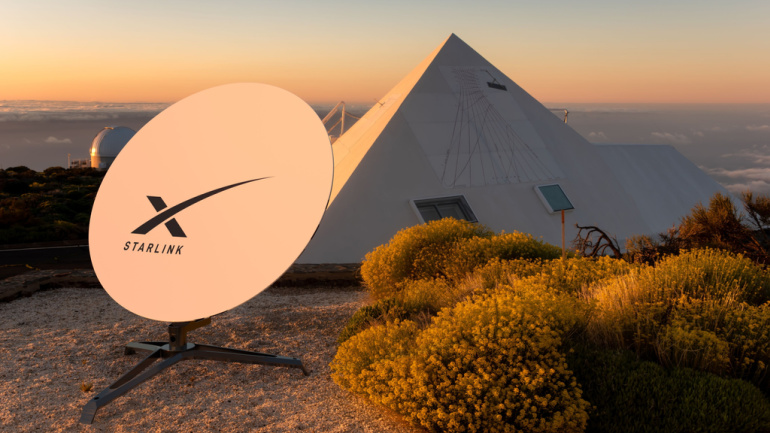T-Mobile US reported strong Q2 2024 performance, adding over 777,000 postpaid phone customers and 406,000 home internet users. Surpassing the 100 million postpaid customer mark, the company revised its full-year guidance upwards. Despite slight churn rate increases, significant investments in fiber and prepaid services underscore T-Mobile’s growth strategy in the VoIP space.
T-Mobile has announced an agreement to acquire the bulk of UScellular’s wireless assets, including its customer base, retail stores, and certain spectrum holdings. The total value of the transaction is $4.4 billion, consisting of cash and the assumption of $2 billion in debt.
Lycamobile, a multinational MVNO hailing from London, is raising serious accusations against T-Mobile, their US network partner since 2012. They cite considerable hurdles in acquiring basic services like eSIM and access to T-Mobile’s 5G standalone architecture. Lycamobile’s stance escalates further; by urging regulatory bodies to halt T-Mobile’s looming acquisitions, they imply an uneven playing field. Meanwhile, T-Mobile, combating allegations of litigation as a diversion, asks that Lycamobile’s claims be dismissed.
Telecommunications heavy hitter T-Mobile finds itself under scrutiny as fixed wireless service providers in Maine, New York, and Maryland report disruptions attributed to T-Mobile’s 5G operations. Bloosurf has appealed to the FCC, seeking a refrain on T-Mobile’s 5G functions where they intersect with its own services, stirring up a complex debate hinging on a 1977 FCC decision regarding interference.
T-Mobile’s steadfast dedication to Texas has led to unmatched 5G network coverage, cementing the Lone Star State’s connectivity footprint. Continual site enhancements and a robust expansion program showcase this commitment, with significant contributions to local communities through initiatives like ‘Homegrown Grants’ and the ambitious Project 10Million.
In a bold move set to enhance its spectrum capabilities, T-Mobile US is poised to acquire Comcast’s 600 MHz frequencies, in a deal worth up to $3.3 billion. With 39 million subscribers potentially impacted, this decision reconfirms T-Mobile’s commitment to streamlining its 600 MHz range, especially in key US cities. It’s worth noting that despite the ambitious agreement, Comcast retains the rights to exclude any licenses before completion. The deal serves both parties well, promising to augment T-Mobile’s already substantial frequencies and refresh Comcast’s spectrum focus on high traffic areas.
T-Mobile has announced its latest sustainability initiative, a commitment to reach net-zero emissions across its entire carbon footprint by 2040. The operator has also joined The Climate Pledge, a community of organizations working together to combat global carbon emissions. T-Mobile is the first wireless company in the United States to set a net-zero objective that has been certified by the Science Based Targets Initiative (SBTi) using its Net-Zero Standard. The target includes direct and indirect emissions from T-Mobile’s operations and facilities, purchased electricity, and all remaining indirect scope 3 emissions, such as those produced by suppliers, customer device usage, materials, employee travel and other factors, accounting for roughly two-thirds of the company’s total carbon footprint. The Climate Pledge, launched in 2019 by Amazon and Global Optimism, is a pledge to reach net-zero emissions 10 years before the date targeted by the Paris Agreement. T-Mobile joins almost 400 companies…
T-Mobile has engaged in a marketing campaign called “Make Xfinity Your Ex” that aims to convince Comcast Xfinity customers to switch to T-Mobile’s fixed wireless access (FWA) 5G Home and Business Internet service. As part of the campaign, a T-Mobile billboard truck has been driving circles around Comcast’s headquarters in Philadelphia for 25 hours, playing a video that highlights Comcast’s price hikes over the years. In addition to the billboard truck, T-Mobile is offering its FWA 5G service for $25 per month, not including taxes and fees, with a qualifying voice line for a limited time, and is giving Comcast Xfinity customers up to $750 to break their contracts. The campaign is a direct attack on Comcast, which is set to raise prices on its TV and internet services, with an average rate increase of 3.8% for customers nationwide starting December 20. This follows a rate hike…
T-Mobile is collaborating with SpaceX to expand its network coverage. Last week, the two businesses announced that they will collaborate to provide extensive cellular access, including full coverage in most parts of the United States. The collaboration seeks to beam down connectivity using SpaceX’s fleet of low Earth orbit satellites for the benefit of T-Mobile customers. With this initiative, T-Mobile consumers should be able to connect to the SpaceX satellites through a new network, transmitted from Starlink’s satellites utilizing T-Mobile’s midband spectrum across the country. SpaceX currently provides home internet access globally through its Starlink program. Even though T-Mobile hasn’t yet provided details on the network’s deployment, the company claims that this collaboration should provide nearly complete coverage almost anywhere in the US. The two companies intend to provide this service in order to replace the use of satellite phones in off-the-grid locations such as national parks or…
As 5G technology continues to mature, leading global wireless carriers are competing to be the first to advance from the non-standalone (NSA) mode of 5G, in which a 4G LTE core is combined with 5G capabilities, to a standalone architecture (SA) 5G network. T-Mobile US, one of the largest carriers providing wireless voice, messaging and data services in the United States, has announced the launch of its SA 5G network. The operator claims to be the first in the world with nationwide coverage using this next-generation wireless technology. In a news release, T-Mobile said that the launch expands its 5G coverage by 30 percent and will cover nearly 250 million people in more than 7,500 cities and towns throughout the US. With faster speeds, lower latency and huge connectivity capabilities, SA 5G signifies the launch of a 5G core network, ending the reliance on legacy LTE architecture. T-Mobile said SA…













